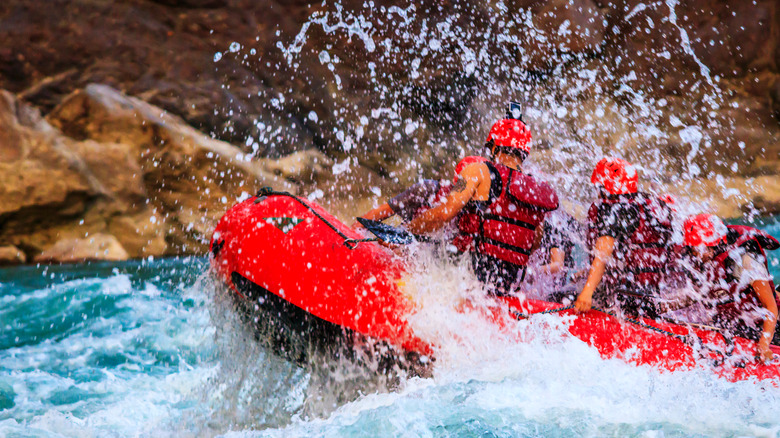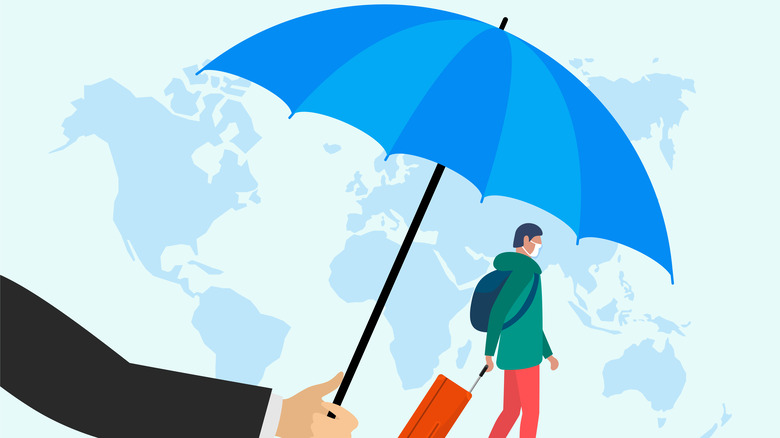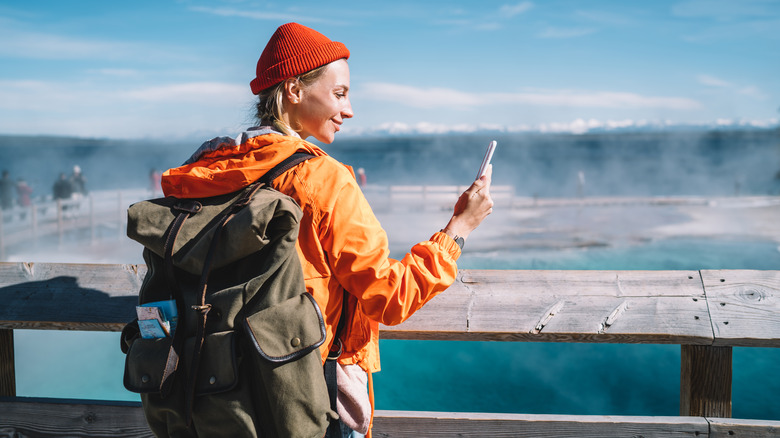Planning
Matt Berry
According to a survey of 1,200 American travelers by ValuePenguin, only 23% respondents stated they planned to buy travel insurance for their next trip. If you’re an avid traveler, you’ve probably skipped this expense once or twice. Maybe you didn’t pay for large, non-refundable expenses, or perhaps you were only traveling for a long weekend of laying in meadows. In these cases, buying travel insurance may seem like overkill. And maybe it is.
But a backpacking adventure is a different type of travel. By its nature, backpacking is unpredictable. You’re vulnerable to the new worlds you’re exploring, and no matter how careful you are, stuff happens. It just does.
Stuff can happen when walking down the street in your hometown, too, but if something weird happens here, you probably have medical coverage and access to medical facilities. When abroad, however, you probably won’t. And remember, you never need travel insurance until you absolutely do.
Travel insurance for the unexpected

Peppy Graphics/Shutterstock
When considering whether to buy travel insurance for your backpacking trip, simply peruse the situations that travel insurance typically covers. It may help your decision. According to Comparethemarket, quality policies should include coverage for medical expenses, repatriation (flying you home in a medical emergency), delayed or canceled flights, lost luggage, property damage, and canceled or curtailed trips. To reiterate, stuff happens.
According to an article by Forbes, your backpacking insurance also needs to be customized to fit your needs. While some policies may include it, you may need an additional “adventure upgrade.” If you’re an adrenaline junky or just naturally rad, this upgrade allocates a higher financial limit for medical expenses and medevac if necessary. So, if you plan to white-water raft in Brazil or mountain climb in Nepal, you’ll probably need to upgrade your insurance policy to ensure coverage.
Keep in mind that travel insurance doesn’t cover everything. You may need to check specific protection policies for your gear — such as your laptop, phone, camera, etc. — and travel insurance will typically only cover pre-paid expenses, such as flight reimbursement. For example, insurance won’t reimburse lost cash. Also, travel insurance won’t protect against incidents caused by carelessness, negligence, or inebriation. (Keep your head, keep your money.)
The actual cost of travel insurance

Azatvaleev/Getty Images
Let’s talk about the cost of travel insurance. In brass tax, according to the U.S. Travel Insurance Association, travel insurance will typically cost you between 4% and 8% of the total trip’s expense. The actual price will usually depend on the destination, length of the trip, pre-existing conditions, and the age of the policyholder. Also, as mentioned previously, you may also need to purchase additional coverage for any extreme activities and expensive gear.
Nomadic Matt (the undisputedly most nomadic of Matts) recently recommended two of his favorite travel insurance policies for backpackers. At the time of this writing, one policy cost $40 per month and was designed for budget travelers and digital nomads. The other, designed for adventure travelers, cost $120 per month and covered over 100 activities.
These monthly prices are not outrageous. If something unfortunate did happen abroad, a pun about spending your life savings to survive while traveling probably isn’t worth the cost.

